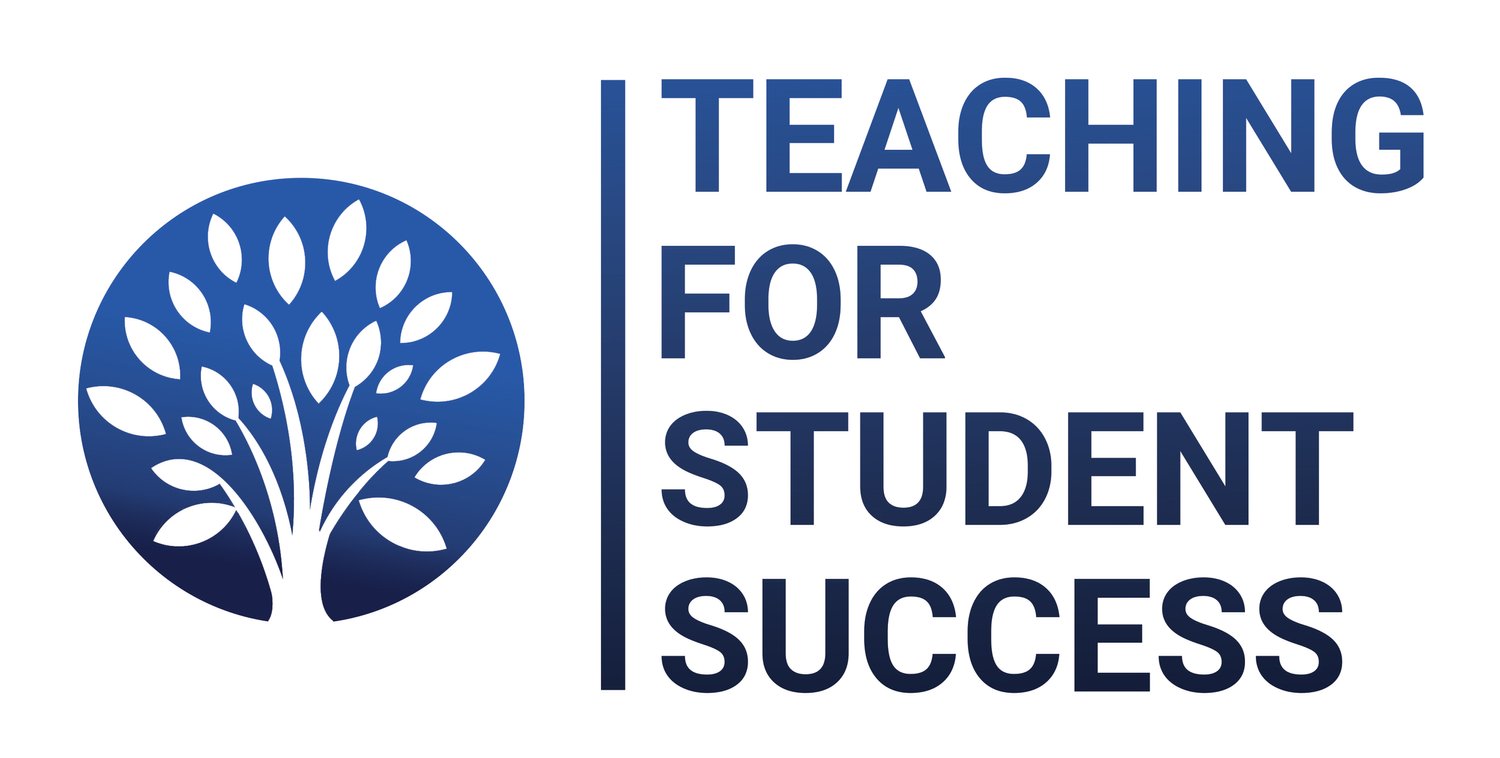Episode 20: The Benefits of Diverse Role Models: The Scientist Spotlights Initiative with Jeff Schinske
Listen to Full Episode
Summary
Who were your role models growing up? In particular, who were your role models that led you to your career in academia? I’m going to guess that most of your academic role models were teachers who look like you or might have similar backgrounds to you. Think about the power of that - seeing an inspirational teacher/educator/thinker/academic that has a similar background to you. If this happened to you, try to remember how inspirational that was. It might have been a parent, a family member, a teacher, a professor….
Now imagine a post-secondary academic environment in which you didn’t look or sound like your professors. Imagine you had no cultural connection to the faculty you saw on campus or online every day. Imagine the unspoken message this might send. Imagine feeling like a stranger in a strange land.
Now, think about the students in your classes. How many of them look or sound like you? How many share your cultural identity? Can you be their role model? Can you help your students see themselves as colleagues in your world?
In this episode, I have a conversation with Jeff Schinske, Professor of Biology of Foothill College, part of the California Community College system, in Los Altos Hills, California. Jeff has degrees in the biological sciences and in music performance. Jeff is an accomplished saxophonist and a long-time Chicago Cubs fan.
In 2018, Jeff received the Outstanding Undergraduate Science Teaching Award from the Society for College Science Teachers, a national award.
Jeff is the Principal Investigator and Co-Director of the National Institutes of Health funded Scientist Spotlights Initiative. The Scientist Spotlights Initiative (SSI) empowers middle/high school, college, and university science educators to implement inclusive curricula that help ALL students see themselves in science. The SSI provides access to easy-to-implement assignments/activities that link course content to the stories of counter-stereotypical scientists.
References
Schinske et al. (2017). Scientist Spotlight Homework Assignments Shift Students’ Stereotypes of Scientists and Enhance Science Identity in a Diverse Introductory Science Class. CBE Life Sciences Education vol. 15 #3. https://doi.org/10.1187/cbe.16-01-0002
Aranda et al. (2021). Student-Authored Scientist Spotlights: Investigating the Impacts of Engaging Undergraduates as Developers of Inclusive Curriculum through a Service-Learning Course. CBE Life Sciences Education vol. 20 #4. https://doi.org/10.1187/cbe.21-03-0060
Related Resources
Steel, CM (2011). Whistling Vivaldi: How Stereotypes Affect Us and What We Can Do (Issues of Our Time. Amazon. B&N. Powells.
Gee, JP (2000). Identity as an Analytical Lens for Research in Education. https://journals.sagepub.com/doi/abs/10.3102/0091732X025001099
Trujillo, G. and Tanner, KD. (2014). Considering the Role of Affect in Learning: Monitoring Students' Self-Efficacy, Sense of Belonging, and Science Identity. CBE Life Sciences Education v.13, 6-15. https://www.lifescied.org/doi/epdf/10.1187/cbe.13-12-0241
Yosso, TJ (2005). Whose culture has capital?: A critical race theory discussion of community cultural wealth. Race Ethnicity and Education v8:69-91. https://www.tandfonline.com/doi/full/10.1080/1361332052000341006

